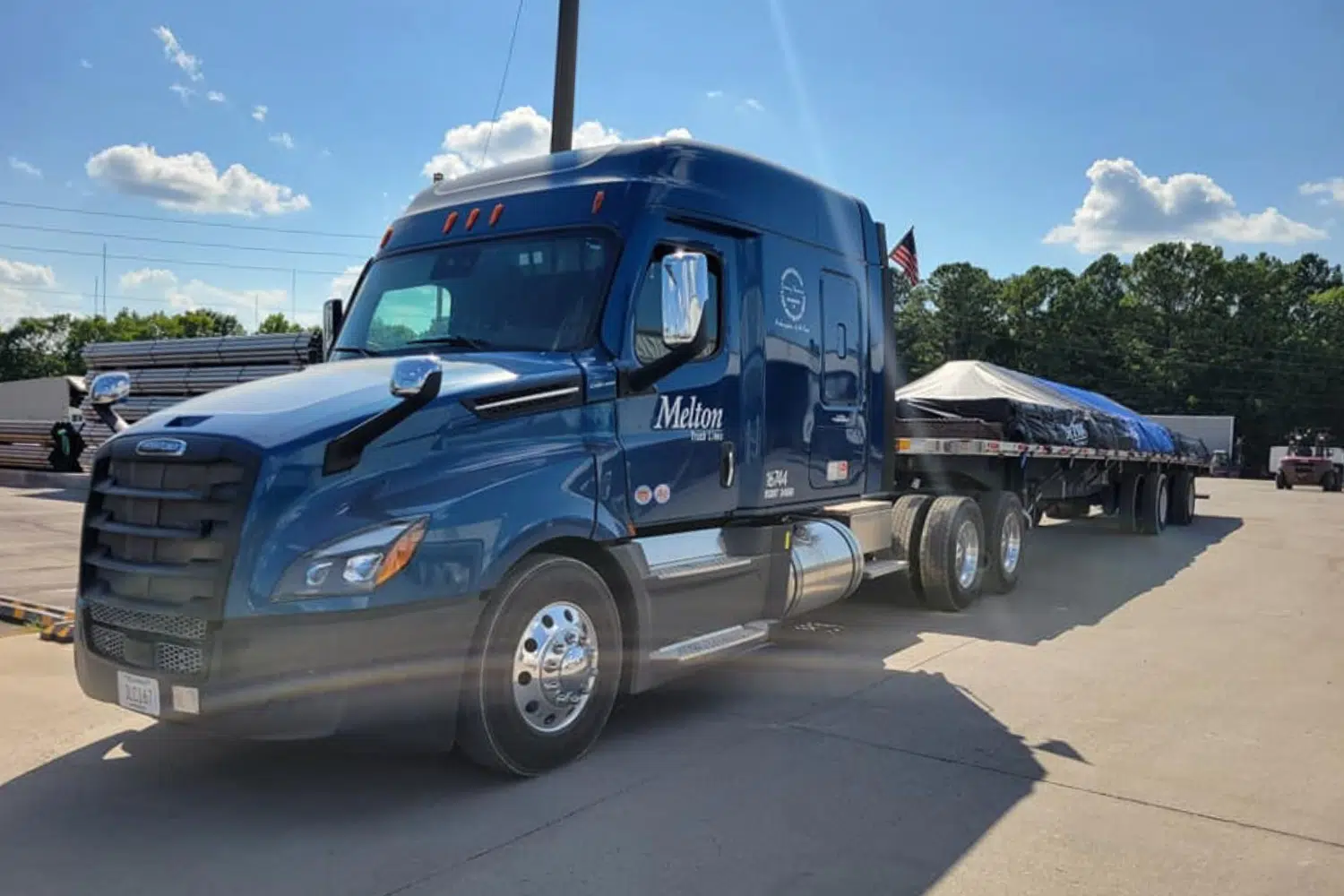Hot Weather Safety Tips for Truckers
Whether you’re running local routes or hauling a load across the country, the workload for a truck driver can be taxing, and when you add high temperatures in the summer months to the mix, it can even be dangerous. Prolonged exposure to the heat without taking proper precautions can lead to exhaustion, dizziness, and sunburn; in more severe cases, you could experience heatstroke, which can cause extensive health problems. Being able to navigate your work during a heat wave is important, so here are 5 safety tips to help beat the heat and keep safe this summer season.
1. Stay Hydrated
Dehydration amongst truckers is an unfortunately common occurrence. Long periods of limited movement, temperature fluctuations from getting in and out of the cab, and the physical demands of the job can often lead to severe cases of dehydration, especially during the summer. It’s important to aim for at least 12 ounces of water every few hours, even if you may not feel thirsty. For the best results, don’t rely on caffeinated/sugary drinks. Water will always be your best bet, as well as electrolyte-rich drinks that are low in sugar.
2. Wear Sunscreen
Sunscreen is one of the most crucial tools for drivers to protect their skin. Not only will it help prevent sunburn and immediate skin damage, but it also reduces the risks for certain cancers. It’s helpful to apply it daily, even on cloudy days, for those who expect to have sun exposure lasting 15 minutes or more (yes, this includes through the windows of your truck). If you expect to be outdoors for long periods, remember to reapply every 1-2 hours.
3. Plan Your Breaks
While truckers do have regimented hours of service with specifications for breaks, it’s important to try and work more active rest into your day, especially during higher heat waves. For drivers that work more actively loading or unloading their trucks, or flatbedders that are out and about securing their load, taking a short break in the shade every 20-30 minutes is important to prevent fatigue.
4. Stay Up to Date on the Weather
Planning your day as a driver should always include checking the weather of your current location and your destination, not only to ensure you’re not experiencing delays from severe weather conditions but also to know how to prepare for said weather when you need to leave the truck. Dressing according to the heat, including moisture-wicking clothes, lighter fabrics, and hats and sunglasses.
5. Learn the Signs of Heat Exhaustion
Knowing the signs of heat-related illnesses like heat exhaustion and heatstroke becomes crucial as temperatures continue to rise. Symptoms can range from heavier sweating than normal, headaches, nausea, limb weakness, and confusion. If you detect symptoms like these to pull over, hydrate, and seek medical attention if necessary. Note that certain groups are more susceptible to heatstroke: if you’re over 65, take certain medications, or have a history of heart or lung disease, it’s even more important to take these precautions seriously.
Driving in extreme weather conditions doesn’t just include hurricanes and snowstorms, but it’s expanded to include 100-degree temperatures and humidity percentages above 50%. Taking the steps to take care of yourself, planning your schedule appropriately, and managing the heat effectively will keep not only you, but those on the road with you, safe.

